This website uses cookies to ensure you get the best experience on our website.
- Table of Contents
Facts about Serine/threonine-protein kinase SIK1.
Acts as a tumor suppressor and plays a key role in p53/TP53-dependent anoikis, a sort of apoptosis triggered by cell detachment: required for phosphorylation of p53/TP53 in response to lack of adhesion and can suppress metastasis. Part of a sodium-sensing signaling network, probably by mediating phosphorylation of PPME1: subsequent increases in intracellular sodium, SIK1 is activated by CaMK1 and phosphorylates PPME1 subunit of protein phosphatase 2A (PP2A), leading to dephosphorylation of sodium/potassium-transporting ATPase ATP1A1 and subsequent increase activity of ATP1A1.
| Mouse | |
|---|---|
| Gene Name: | Sik1 |
| Uniprot: | Q60670 |
| Entrez: | 17691 |

| Belongs to: |
|---|
| protein kinase superfamily |

EC 2.7.11; EC 2.7.11.1; msk; myocardial SNF1-like kinase; salt-inducible kinase 1; Salt-inducible protein kinase 1; serine/threonine protein kinase; serine/threonine-protein kinase SIK1; Serine/threonine-protein kinase SNF1-like kinase 1; Serine/threonine-protein kinase SNF1LK; SIK; SIK-1; SNF1-like kinase; SNF1LKMSK
Mass (kDA):
85.115 kDA

| Mouse | |
|---|---|
| Location: | 17 B1|17 17.25 cM |
| Sequence: | 17; |
Expressed in lung, skin, ovary, heart and stomach. No expression in brain, liver or adult skeletal muscle but is present in skeletal muscle progenitor cells of the somite beginning at 9.5 dpc. Present at 8.0 dpc in the monolayer of presumptive myocardial cells but rapidly down-regulated at 8.5 dpc upon primitive ventricle formation, although still present in myocardial cells that will populate the primitive atrium and bulbus cordis. At 9.5 dpc expression is down-regulated in the primitive atrium but observed in the sinus venosus and truncus arteriosus.




PMID: 7893599 by Ruiz J.C., et al. Identification of novel protein kinases expressed in the myocardium of the developing mouse heart.
PMID: 12200423 by Takemori H., et al. ACTH-induced nucleocytoplasmic translocation of salt-inducible kinase. Implication in the protein kinase A-activated gene transcription in mouse adrenocortical tumor cells.